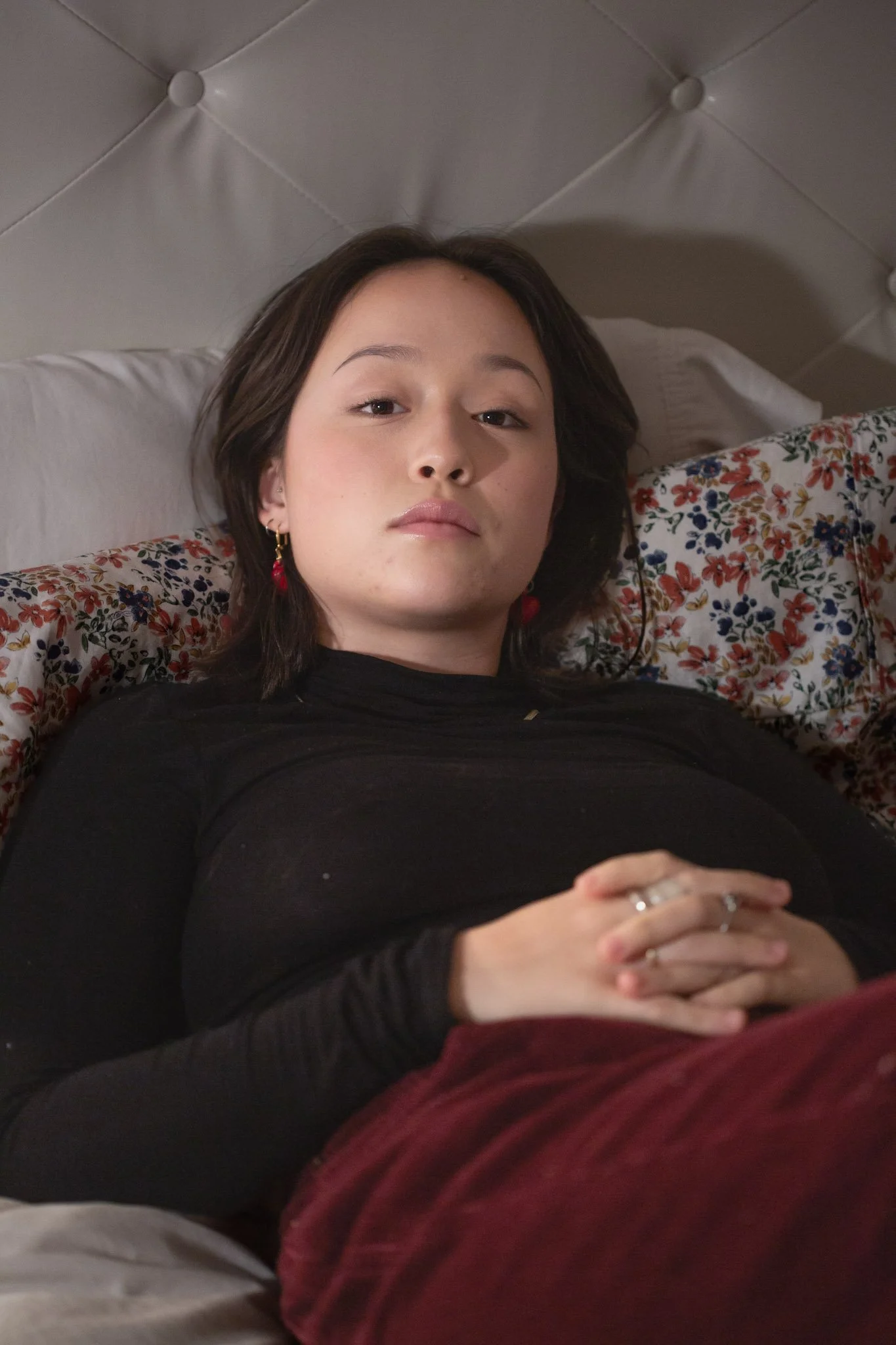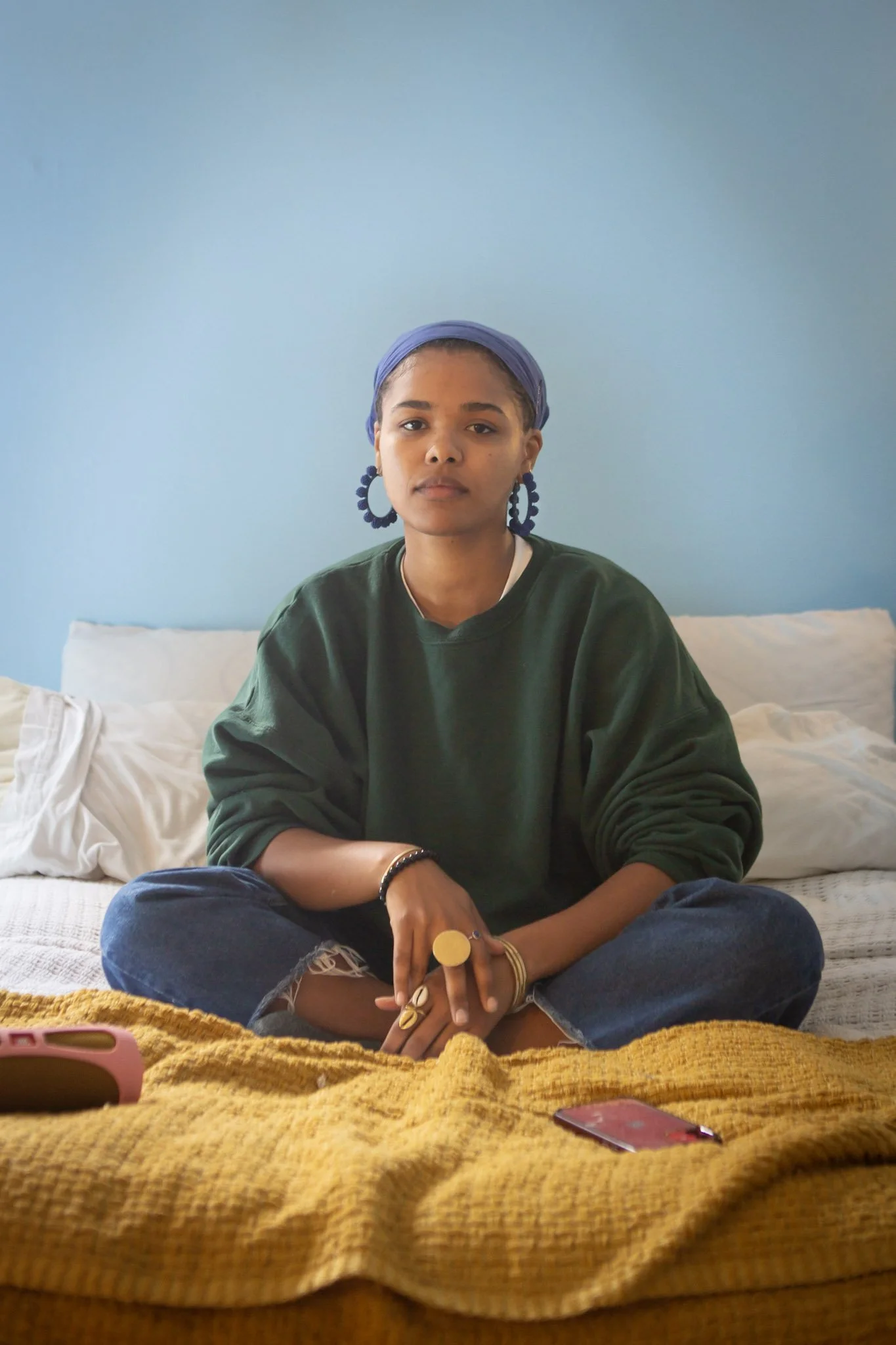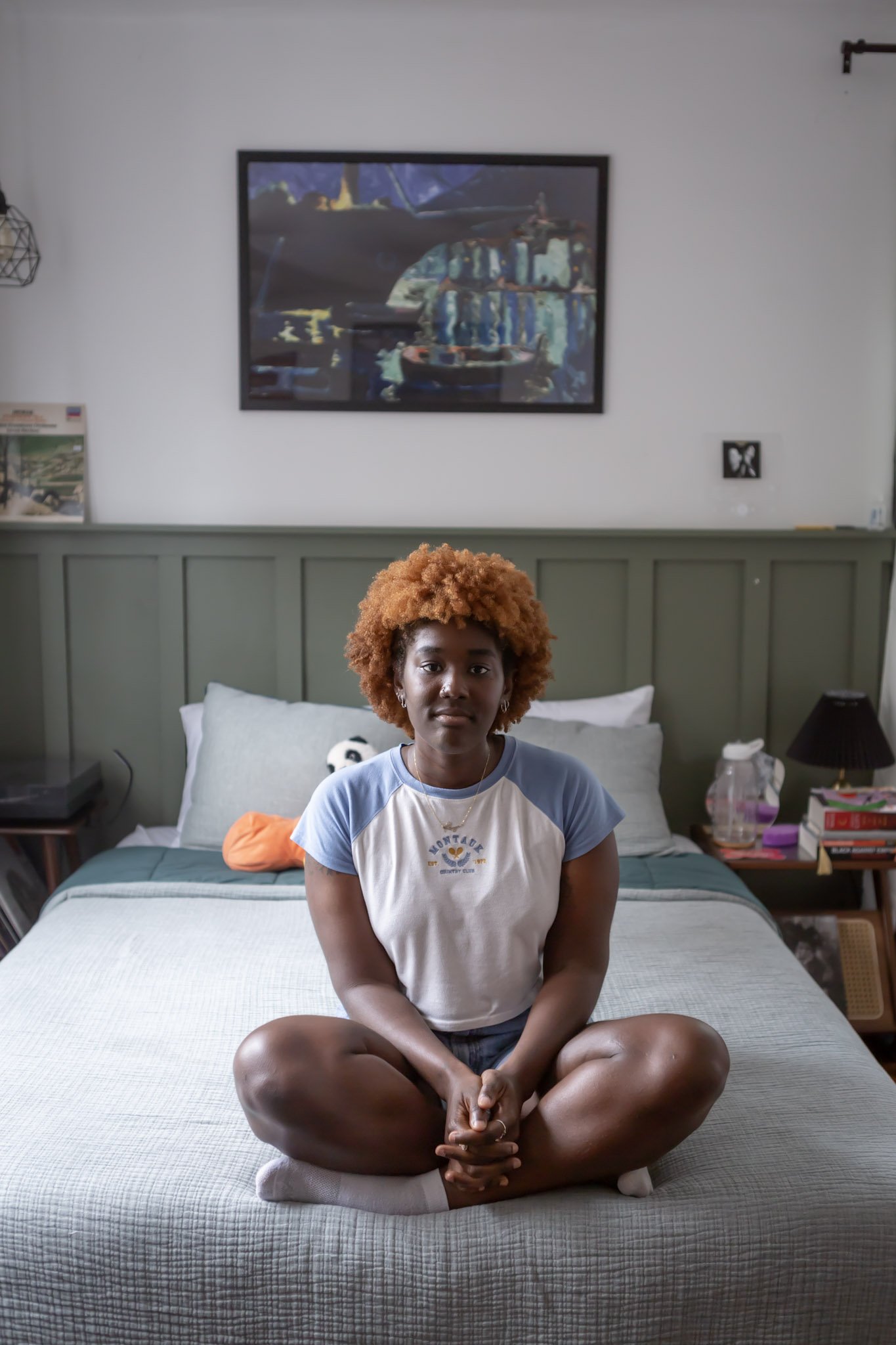The Kids Are Alright
I was born in 2000, the start of the new millennium, and a time that ushered in an era of rapid social and technological change. The America I have come of age in has been shaped by post-9/11 domestic policies, active shooter drills in school, and the influence of the internet and social media.
For this photographic series, The Kids Are Alright, and the accompanying documentary, American Dreams, I spent time across the southeastern United States listening to and documenting the experiences, struggles, hopes, and fears of people in my generation, Generation Z. It was inspired by a study from Pew Research Center that found that Generation Z (born 1997-2012) is the most diverse and progressive generation yet, but are also experiencing record rates of inflation, an impending climate crisis, and high rates of anxiety and mental illness.
Across generations, young people have spearheaded social movements and driven change forward, yet have also endured significant criticism from elders. This project gives a voice to Gen Z, exploring what it means to be a young person trying to survive in an ever-changing world. It looks at who we are, what it means to us to be American, and the kind of America we want to build when we’re the ones in charge.
Sade, 25
“I feel optimistic — a light at the end of the tunnel kind of outlook. It looks very ominous but to have that outlook is to be depressed inside. You gotta think that tomorrow is gonna be brighter and you gotta kinda make it brighter. You can’t just allow the world to bring you down because it will. It’ll eat you up and spit you the f*ck out.”
Olivia, 20
“I guess my description of the American Dream is, like, a white picket fence. And you have a golden retriever and you have a bunch of kids and you have a minivan and one of you is working in a corporate office and the other of you is driving the kids everywhere. That, for me, would be my worst f*cking nightmare. I don’t want to be in a place where I’m 30, 40, and I’m living to work and being stuck in a cycle that’s expected of you. I think for our parents, it was so expected of them to have kids and find a job that pays the bills. And I think it restricted so many people. And although they're happy with their lives now, that ‘I wish’ or ‘what if’ — I just don’t want to live a life like that.”
Savannah, 24
“The economy is really shit right now, finding a job is terrible, inflation is really rough and it’s not the same, to a degree. Like being able to navigate the world socially, the idea of building stability for yourself, I think the variables we’re working with are very different. And I feel like we’re navigating a country that is on the verge of a very large shift…The American Dream means that there are people you are oppressing. The American idea of success is correlated with people suffering, in a very large way. I also feel like the idea of achieving the American dream is embodying habits and ways of being that aren’t human oriented. Like, can a trans person experience the American dream?”
Seamus, 20
“Sure, there are some valid complaints [about Gen Z], like with our phones. Like, yeah, I’ll admit I have an issue with my phone. I deleted Instagram 3 days ago and today I downloaded it again…Yeah, that’s something that needs to be worked on but I don’t feel as if that’s just specifically for this generation. My grandmother is obsessed with her phone and she’s not Gen Z. Like, look at the Facebook moms.”
Rhyan, 25
“How normalized are we to stuff like gun violence? We’re all suffering and that’s just how it is, which is awful. But I also don’t know what we need to do fix things. We don’t really live in a place where our government is actively trying to make things easier for its citizens, more so they’re just trying to beat out the other party.”
Aisha, 25
“One of the biggest things that shocked me [coming to America] was insurance. In Ethiopia, healthcare is privatized, so there are really long lines, but going to the hospital won’t break the bank. Here, I just went to the dentist the other day to get a filling and it was $300. What do you mean I can’t just have my teeth fixed? If poor countries can do healthcare for all, why can’t America?”





